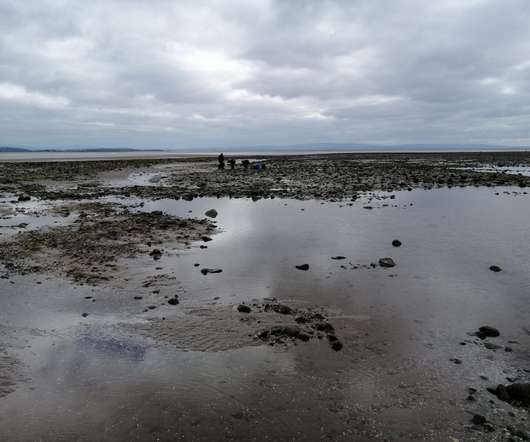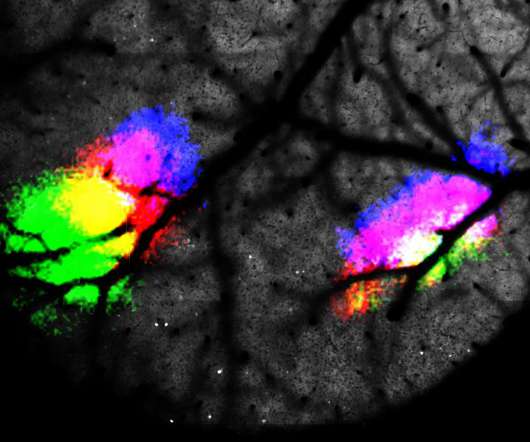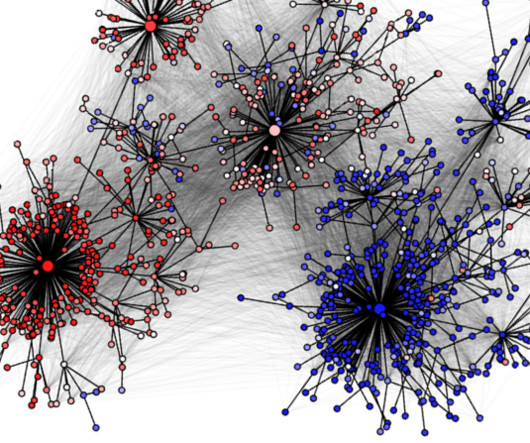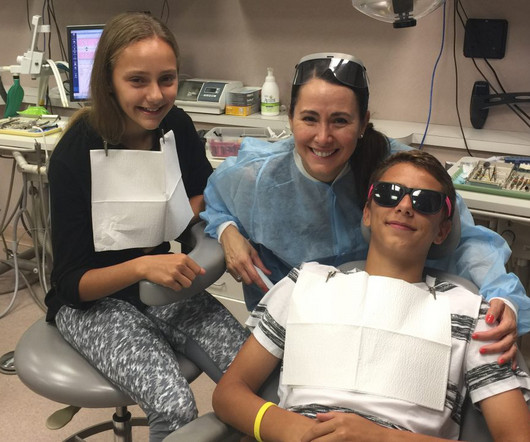How can we make future places healthier spaces?
Futurum
OCTOBER 19, 2022
Published: Professor Richard Harper , based at Lancaster University in the UK, is the principal investigator of a project called the Future Places Centre. This project is investigating how computing, the internet of things and data science can generate information that people can use to make their future places healthier.











Let's personalize your content